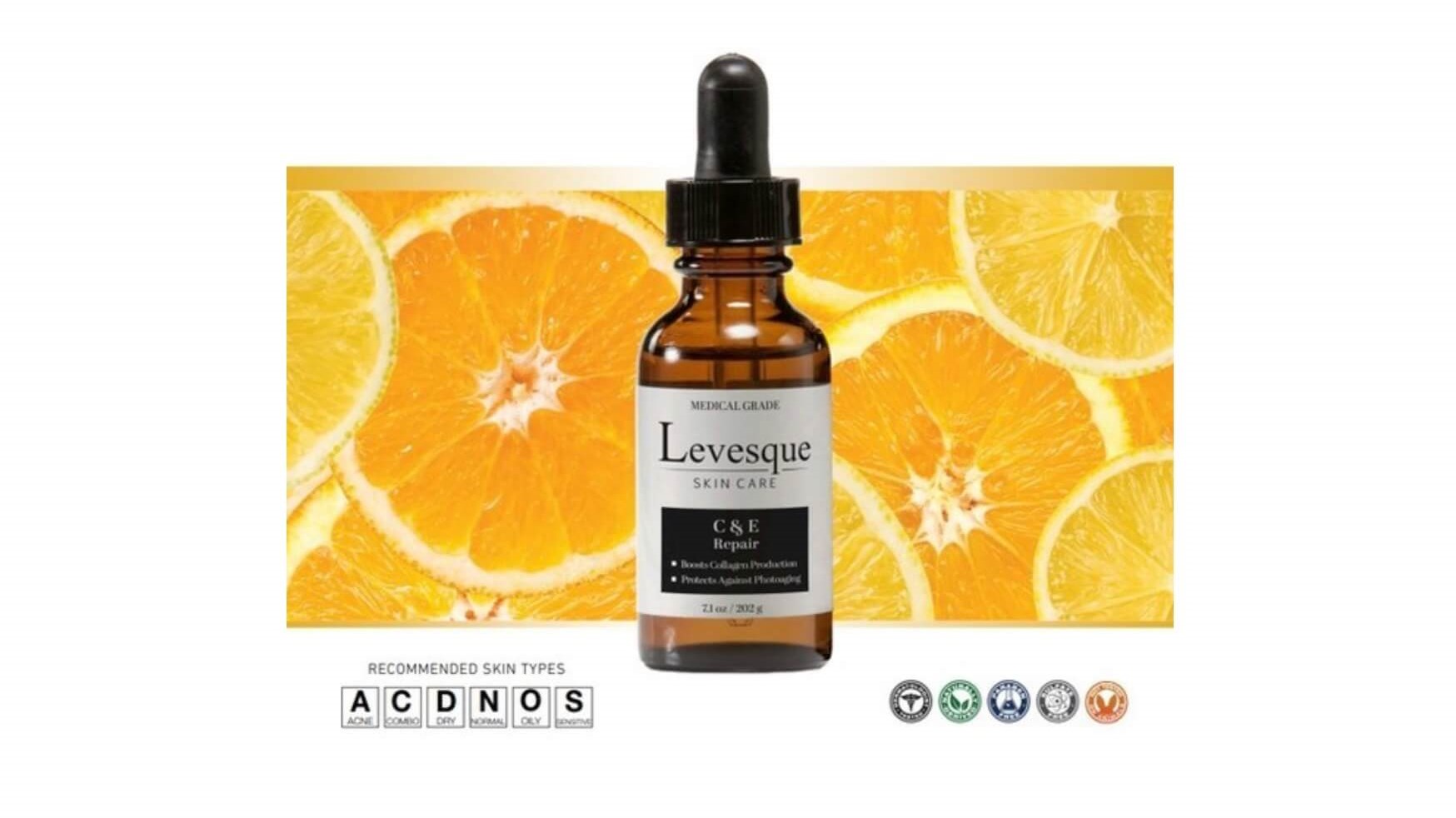Antioxidants and Fighting Free Radicals, Aging, and Even Skin Cancer
&srotate=0)
Everyone has heard of vitamin C and E (antioxidants) to use on your skin topically and also taking the the vitamins as a supplement or just good old fashion eating some citrus fruit. But what are antioxidants doing for us to make our skin look younger or boosting our immune system. The answer is in neutralizing free radicals.
Free radicals are highly reactive molecules that are generated naturally in the body as a byproduct of various cellular processes. They can also be introduced into the body through exposure to environmental factors such as pollution, UV radiation, and cigarette smoke.
When free radicals are present in the body in excessive amounts, they can cause damage to cells, proteins, and DNA. In the skin, free radicals can lead to premature aging and other forms of damage such as:
1. Loss of elasticity: Free radicals can break down collagen and elastin, which are proteins that provide structure and support to the skin. This can result in skin that appears saggy and wrinkled.
2. Hyperpigmentation: Free radicals can cause an overproduction of melanin, resulting in dark spots and uneven skin tone.
3. Inflammation: Free radicals can cause inflammation in the skin, which can lead to redness, irritation, and other forms of damage.
4. DNA damage: Free radicals can damage the DNA in skin cells, potentially leading to mutations that increase the risk of skin cancer.
To combat the damaging effects of free radicals, it's important to incorporate antioxidants into your skincare routine. Antioxidants work by neutralizing free radicals, helping to prevent damage to the skin and promoting overall skin health.
Specifically the most common antioxidants used for skin care are Vitamin C and E.
Vitamin C: As a powerful antioxidant, vitamin C can help protect the skin from damaging free radicals caused by factors such as pollution, UV rays, and cigarette smoke. It also helps stimulate collagen production, which can improve skin elasticity and reduce the appearance of fine lines and wrinkles.
Vitamin E: Another potent antioxidant, vitamin E can help reduce inflammation and protect the skin from environmental stressors. It can also help improve skin hydration, which can make the skin look and feel smoother and more supple.
When used together, vitamin C and E can work synergistically to enhance their antioxidant benefits and provide even greater protection against free radical damage. With our Levesque Skin Care C & E Repair we have combined the powerful antioxidants to give you medical grade skin care at a amazing value. I personally apply a pea sized amount after washing my face with cleanser in the morning and follow it about 20 minutes later with sun block. Why in this order? I want my antioxidants absorbed into the skin before I get some UV exposure and environmental pollutants affecting my skin.
It's important to remember that while topical antioxidants can help improve the overall health and appearance of your skin, they can't reverse significant signs of aging or replace the need for surgical intervention. It's always best to consult with a qualified plastic surgeon to determine the best course of action for achieving your aesthetic goals.